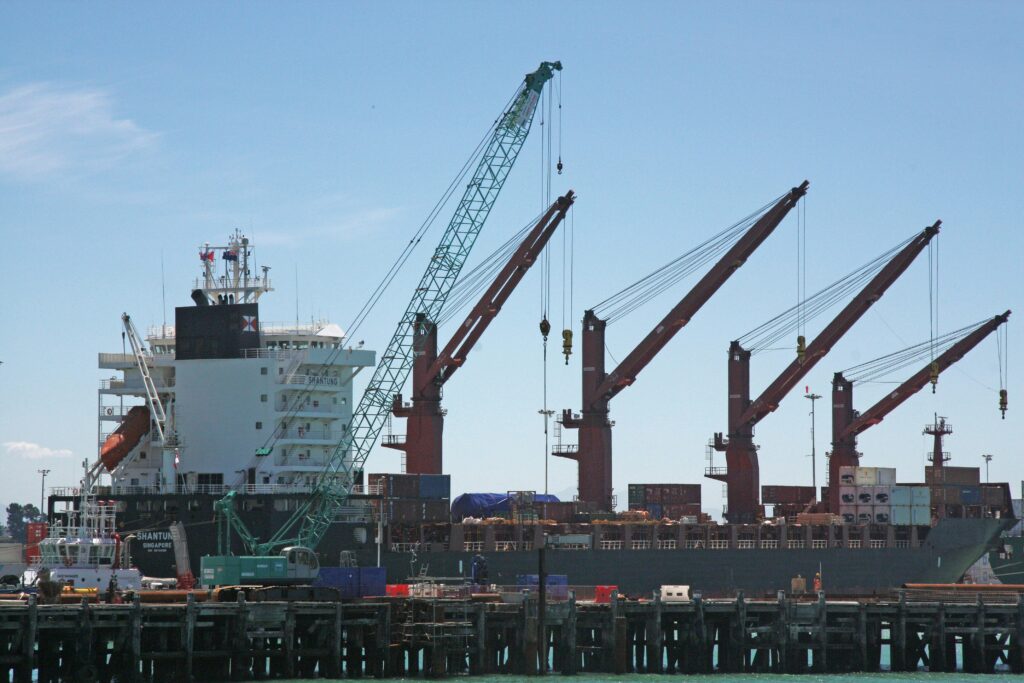
The national and global importance of shipping
According to the International Chamber of Shipping, the international shipping industry carries around 90% of world trade. “Ships are technically sophisticated, high value assets (larger hi-tech vessels can cost over US $200 million to build), and the operation of merchant ships generates an estimated annual income of over half a trillion US dollar in freight rates.”
A successful application of AI to shipping technology is predicted to revolutionize this critical mode of transportation and bring the innovator a strategic advantage over the rest of the industry.
According to Lloyd’s Maritime Academy, AI “is becoming increasingly important for the maritime industry. The rise of automation in the maritime supply chain along with the demand for more autonomous shipping has led to an increase in the demand for AI.” Among the most promising applications of AI within shipping they highlight predictive maintenance, intelligence scheduling, and real-time analytics.


